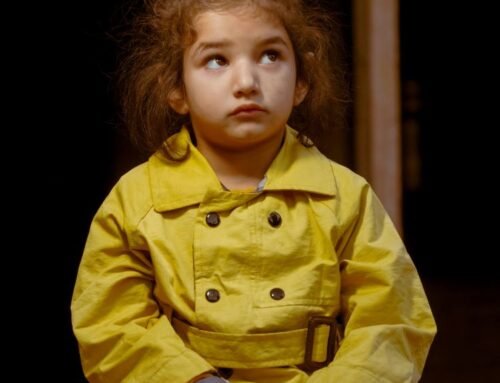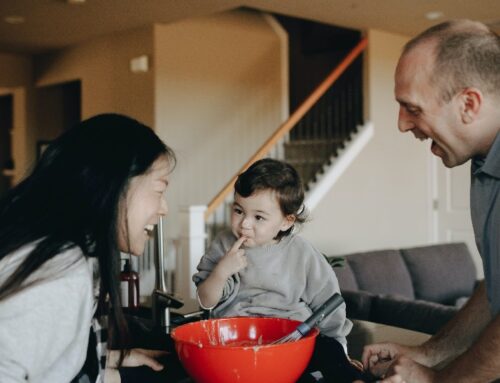 At least 20 percent of children are raised by a parent struggling with substance abuse. In more than half of those cases, they are children of alcoholics. Life is uncertain and unpredictable. It can also be frightening and violent. This, of course, can lead to trauma and typically has a long-term impact.
At least 20 percent of children are raised by a parent struggling with substance abuse. In more than half of those cases, they are children of alcoholics. Life is uncertain and unpredictable. It can also be frightening and violent. This, of course, can lead to trauma and typically has a long-term impact.
Emotional needs are not met. Succeeding at school can feel impossible. You are neglected while being forced to take steps to keep your home life a secret. Clearly, substance abuse affects far more than the person struggling with addiction. And the outcomes can linger well into adulthood.
Adult Children of Alcoholics: General Impact
Children who grew up in homes with at least one alcoholic parent are more likely to:
- Be abused sexually and/or physically
- Experience learning delays and emotional disorders
- Develop Substance Abuse Disorder as an adult
- Struggle with interpersonal relationships as adults
- Develop unhealthy coping mechanisms
- Struggle with poor communication skills
- Develop low self-esteem
- Neglect basic self-care as children and adults
Realities like these help contribute to these adults displaying common patterns and traits.
6 Common Traits of Adult Children of Alcoholics (ACOAs)
1. Impulsivity
This is a two-tiered trait. Firstly, ACOAs often make decisions before assigning much thought to the situation or the potential consequences. As a result, the second-tier trait is that they have to delegate a lot of time to clean up the mess they made. It’s as if they, as adults, are playing both the role of dysfunctional parent and codependent child.
 2. Relationship Issues
2. Relationship Issues
As counterintuitive as it seems, ACOAs frequently end up pursuing relationships with alcoholics or anyone struggling with an addiction. This phenomenon is believed to be due to their desire to feel needed. They know alcoholics require non-stop support, so they jump at the chance to deflect attention onto someone else. This reduces the likelihood that they’ll have time or energy to work on themselves.
3. Lack of Follow-Through
Further feeding off the
desire to keep the focus on others, ACOAs will notoriously drop the ball in their personal life. In their minds, they are too busy and overwhelmed taking care of everyone else. Ironically, this trait can make them as unreliable and unpredictable as their alcoholic parent. It is uncomfortable, yet familiar.
4. Difficulty Regulating Emotions
A common example involves disproportionate reactions to outside changes. After spending their childhood dwelling in uncertainty, they have little or no tolerance for unexpected change. Their default setting is an extreme overreaction.
5. Seeking Approval While Offering Judgment
Having dealt with a volatile parent leaves ACOAs ill-equipped to deal with even constructive criticism. So, they compensate with people-pleasing and approval-seeking. Below the surface, however, there is resentment and anger. They didn’t ask to have an alcoholic parent as a child. They also don’t enjoy groveling for acceptance as an adult. Therefore, an ACOA can be very judgmental of others — and themselves.
6. Isolation and Social Withdrawal
It’s understandable why an ACOA would feel like no one “gets” them. They suffered through an unusual childhood and are often too ashamed to discuss it. Hence, isolation feels like the safest choice. They feel different from everyone else and fear the judgment that could come if their secrets were revealed. This choice eventually makes sure that no one “gets” them as the cycle continues.
 Help is Available
Help is Available
Seeking out a professional therapist is a well-worn and proven path toward identifying and understanding the patterns in your life. When you work with an experienced counselor, you position yourself to reveal habits and discern root causes. This can empower you to find healthier choices as you move forward. Click here to learn more about treatment for trauma here. If you are an adult child of an alcoholic, let’s connect for a complimentary consultation.





